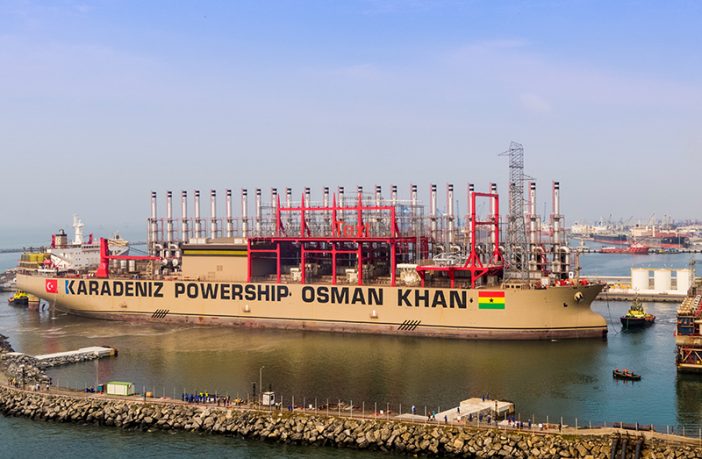- Why there is such strong opposition to Karpowerships, especially since it is being touted as the silver bullet the country needs to solve the crisis?
- According to civil society organisations – including the South Durban Community Environmental Alliance (SDCEA), groundWork, The Green Connection, Natural Justice, and the Centre for Environmental Rights (CER) – South Africans must be wary of this deal which, if approved, could have far-reaching implications.
The organisations say they question government’s ongoing and unwavering support of Karpowerships, because even though the company failed to meet so many crucial deadlines, government is still willing to bend over backwards to accommodate this Turkish-based company, since they were first introduced more than three years ago.
Related news: Value for ANC government looters lies in the Karpowership gas supply value chain
Therefore, last week (23 May 2023), as part of ongoing civil action to hold Karpowerships and government accountable, these organisations lodged a joint appeal against the Department of Forestry, Fisheries and the Environment’s (DFFE) decision to grant condonation to Karpowership SA, to allow for the late submission of its further revised Environmental Impact Assessment (EIA) Report, for its Richards Bay application. However, it is important to point out that the condonation was applied for and granted, without proper notice or any public participation.
Related news: ANC government in South Africa pivots to three different ports for Karpowership projects granting 20 years berthing access
According to the eco-justice organisations, “This effectively allows Karpowerships to make substantial and significant changes to the EIA, including specialist reports, which is then subject to another public comment period. Whilst public participation must be promoted in decision-making, repeated amendments place a significant burden on society to actively respond each time. We believe that the process of granting the condonation was procedurally unfair. The lapsed EIA process could not be revived through the condonation approval. In terms of the National Environmental Management Act (NEMA), the appeal suspends the decision to grant condonation, and consequently, the processes that flow from this decision are also suspended. Therefore, by operation of the law, the EIA process for Richards Bay is suspended.”
“The stubborn refusal of Karpowership and its service providers to honour the EIA process, as given in South African law, is representative of its conduct in other countries. Locking Ghana, Lebanon, and other states into long-term energy contracts, which abuses the power of ordinary citizens to democratically choose their energy sources, being considerate of price, availability, and environmental protection. South Africans need to stand up and question why these powerships are being touted above all other options when it will not even address our energy crisis? The who, why and how needs to be publicly aired. Having a R200 billion investment sail away in 20 years is not a legacy for the youth of South Africa,” says groundWork Yegeshni Moodley.
The civil society organisations say they are concerned about the Karpowerships deals following media reports that according to the CSIR and DMRE’s price evaluation bids, Karpowership could cost R218bllion and lock South Africans into a contract over a 20-year period (or R10.9 billion annually). They say that loadshedding is already stymying South Africa’s economic growth, and this kind of expensive energy has a potential to increase the electricity prices, which may, in turn, have a knock-on effect on prices of daily cost of living for everyone. Not to mention the threat of unemployment for small-scale fishers in affected areas.
According to The Green Connection’s Community Outreach Coordinator Neville van Rooy, “Since it was first announced, the whole Karpowership deal has seemed dodgy. There were several critical discrepancies compounded by poor public participation processes with the small-scale fishing communities whose livelihoods would be affected by these vessels. The South African public needs to know what the real cost of these Karpowerships would be, as this decision could affect us long into the future. We cannot have these ships rammed down our throats.”
“Fishermen of Richards Bay do not want Karpowerships because it will destroy the fish, the plants and the beach, which we need to live and make a living,” says Nhlanhla Mbuyazi.
The organisations also point out that Karpowerships are not going to end the ongoing loadshedding in its entirety. And because costs could also be affected by foreign exchange rates for gas, such inappropriate solutions can have unintended consequences and introduce new risks to energy security. South Africans cannot afford to be locked into an expensive energy contract, and take on more debt, which hinders development and general socio-economic wellbeing.
Author: Bryan Groenendaal















